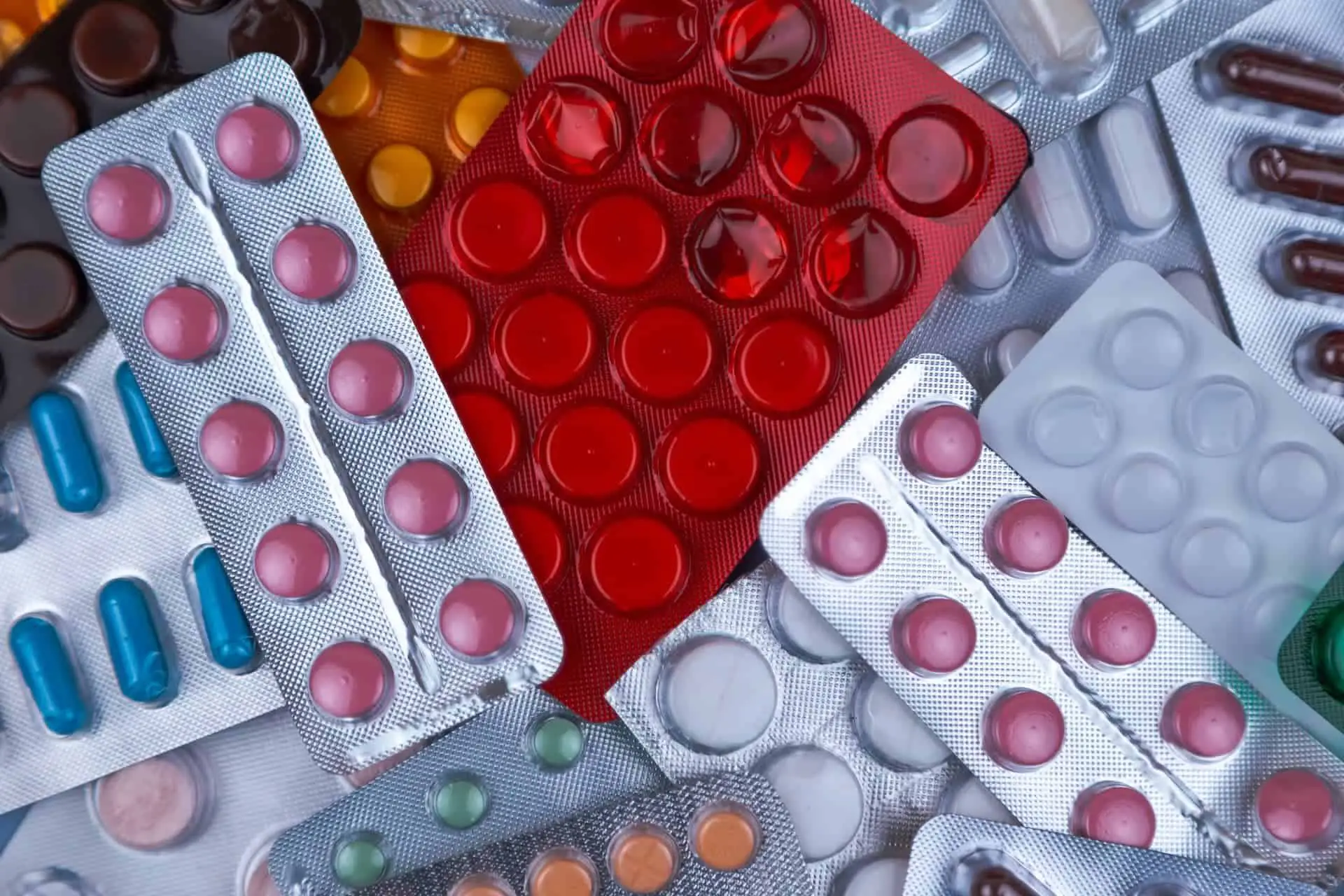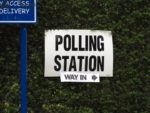News OnTheWight always welcomes a Letter to the Editor to share with our readers – unsurprisingly they don’t always reflect the views of this publication. If you have something you’d like to share, get in touch and of course, your considered comments are welcome below.
This from Maggie Nelmes, Ventnor. Ed
I wonder if News OnTheWight readers are aware of a new threat to our already struggling NHS, this time from the pharmaceutical industry? It is trying to press the Government to hike up the prices the NHS pays for our medicines. This could send costs spiralling out of control and destroy the NHS.
Five-year deal ends in December
Under the Voluntary Scheme for Branded Medicines Pricing and Access (VPAS), the total amount the NHS spends on branded medicines is capped.
The current five-year deal ends in December this year and is now being renegotiated by the Association for the British Pharmaceutical Industry (ABPI) and the Department of Health and Social Care.
Vital check to extortionate pricing of branded medicines
NHS spending on branded medicines has been kept within an agreed limit, which has risen by 2 per cent a year for the past five years, through a rebate system. Pharmaceutical companies pay rebates on sales to the NHS, on all expenditure above the capped limit.
“VPAS serves as a vital check to the extortionate pricing of many branded medicines”, says health campaign group Just Treatment.
Demanding fixed rebate of 6.8 per cent
However, now the pharmaceutical industry is demanding a fixed rebate of 6.8 per cent instead of a cap on the total expenditure.
“This means the NHS bill could quickly spiral out of control as drug prices rise,” says Just Treatment.
Would cost an extra £2.5 billion a year
The Government says that this is “unaffordable”, estimating that it would cost an extra £2.5 billion a year, enough to fund three-quarters of the 52,000 staff vacancies in the NHS, or pay for about 16 million hospital appointments. At a time of crisis, when 7.2 million people are waiting for treatment, the NHS needs the annual rebate more than ever.
No evidence for pharmaceutical industry claims
As justification for its demands, the pharmaceutical industry argues that if the status quo is retained, there could be limited or delayed availability of new medicines in the UK, negative impacts on UK Research and Development (R&D), and a reduction in the UK’s contribution to global pharmaceutical R&D.
But a report Promoting Population Health Through Pharmaceutical Policy, The Role of the UK Voluntary Scheme (June 2023) from the London School of Economics and Political Science examines these claims and finds no evidence for them.
VPAS has saved NHS billions
In their recent report Bitter Pills, Why the NHS can’t swallow big pharma’s profiteering, health campaign groups Global Justice Now, Just Treatment and STOPAIDS state that pharmaceutical companies are charging the NHS “astronomically high” prices for medicines whose manufacturing costs are “very low”, and despite the fact that they have played a “relatively minor” role in their development.
They state:
“We calculate that the NHS has secured savings of £9 billion on the ten most expensive drugs over 10 years through collective negotiation through NICE and with the voluntary scheme for branded medicines pricing and access (VPAS). The government says that VPAS has saved the NHS more than £7 billion on drugs between 2018 and 2023. But big pharmaceutical companies are lobbying against VPAS, with Eli Lilly and AbbVie having this year withdrawn from the agreement as the industry demands even greater profits from the NHS.
“While the huge mark-ups on the 10 drugs analysed in this research already reveal a deep and unnecessary toll on the NHS, they represent a small fraction of the UK’s overall outlay on medicines, which reached an annual spend of £17.2 billion in 2022.”
Of the ten most expensive drugs analysed in this report, used to treat cancers and arthritis and for blood clot prevention, nearly all benefitted from the work of public institutions, from public funding, or from charitable funding, and sometimes from a mixture of all three.
“Very few could reasonably be said to have been fully invented by the companies that now market them.”
These drugs could have been made for a fraction of the cost to the NHS, which is why the campaign groups call the figures evidence of profiteering.
Dearden: Pharmaceutical companies ripping off the NHS at every turn
Nick Dearden, Director of Global Justice Now, said,
“These figures show that we have a broken model of producing medicines, with pharmaceutical companies ripping off the NHS at every turn. Unless we fix it, our health system could be at risk. Currently, money we need to keep the NHS going is being poured into pockets of wealthy shareholders of big drug corporations.
“If we want new, breakthrough medicines, which benefit all of us, we need to put a stop to this profiteering and take control of medicines which, very often, public money has already helped to create.”
We need a new model for producing medicines
As government funding for research and development is likely to increase, it is clear that we need a new model for producing medicines. Campaigners say that this should include strict conditions on the use of medicines made with public funding to guarantee affordability and share medical knowledge.
They call for more public manufacturing, and for the enforcement of anti-monopoly powers to prevent the dominance of a few extremely powerful pharmaceutical giants.
Email your MP and Ministers
Just Treatment is asking all concerned patients, throughout the country, to send an email – template provided – Ask your MP to oppose big pharma ripping off the NHS! to their Member of Parliament to ask them to write to either the Secretary of State for Health and Social Care, Steve Barclay (Conservative MPs) or to the Shadow Health and Social Care Minister, to urge them to ensure that a strong new VPAS agreement is negotiated, the pharmaceutical industry’s unaffordable plans are rejected, and the total cost of branded medicines does not rise by more than 2 per cent a year.
This campaign can only succeed in saving the NHS if enough people throughout the country raise their voices in protest. Please join us.
Image: volodymyr hryshchenko under CC BY 2.0





